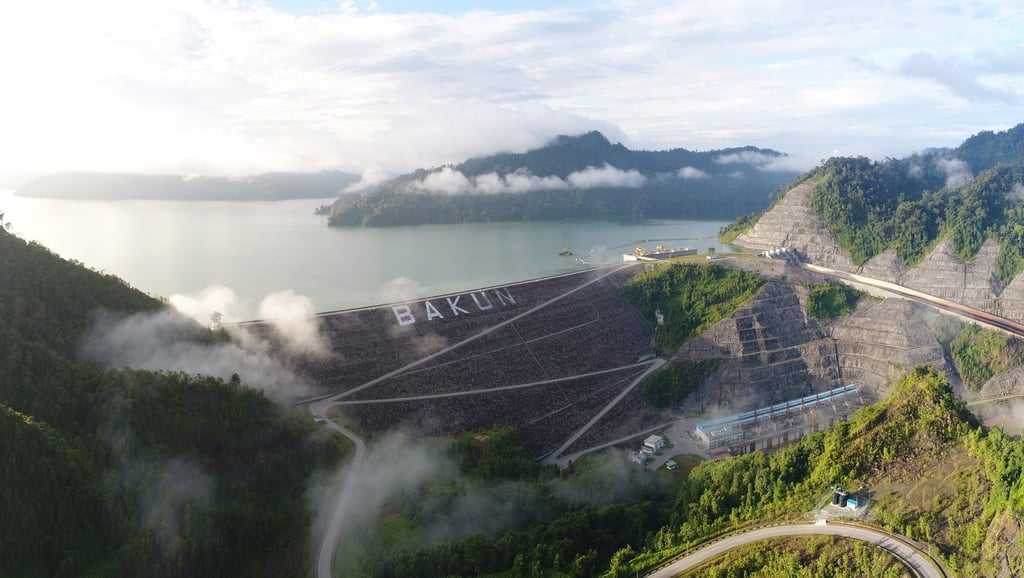Malaysia and Japan on Friday agreed to develop carbon capture and hydrogen green energy projects, as Tokyo aims to expand its presence in Southeast Asia in a bid to temper China’s economic dominance in the region.
Japanese Prime Minister Shigeru Ishiba is on a four-day tour of Malaysia and Indonesia, where he hopes to secure the supply of liquefied natural gas and boost defence cooperation with both countries.
Japan has agreed to lend its expertise and support efforts by Sarawak energy firm Petros, in collaboration with Malaysian energy giant Petronas, to develop a sustainable source of hydrogen energy, Malaysia’s Prime Minister Anwar Ibrahim said on Friday.
“We hope to facilitate this as soon as possible and meet some deadline, say by May, when we meet either in Tokyo or Kuala Lumpur,” Anwar said at a joint news conference in Malaysia’s administrative capital of Putrajaya.
Anwar also invited Japan to help with a planned undersea cable project to supply hydroelectric power from Sarawak on Malaysian Borneo to the peninsula and Singapore, and to develop a plant to process non-radioactive rare earths.

Malaysia is Japan’s second largest source of liquefied natural gas (LNG), shipping an estimated 5 million tonnes of LNG to Japan in 2023, according to Malaysian government data.

 By South China Morning Post | Created at 2025-01-10 06:21:29 | Updated at 2025-01-10 11:14:02
4 hours ago
By South China Morning Post | Created at 2025-01-10 06:21:29 | Updated at 2025-01-10 11:14:02
4 hours ago








